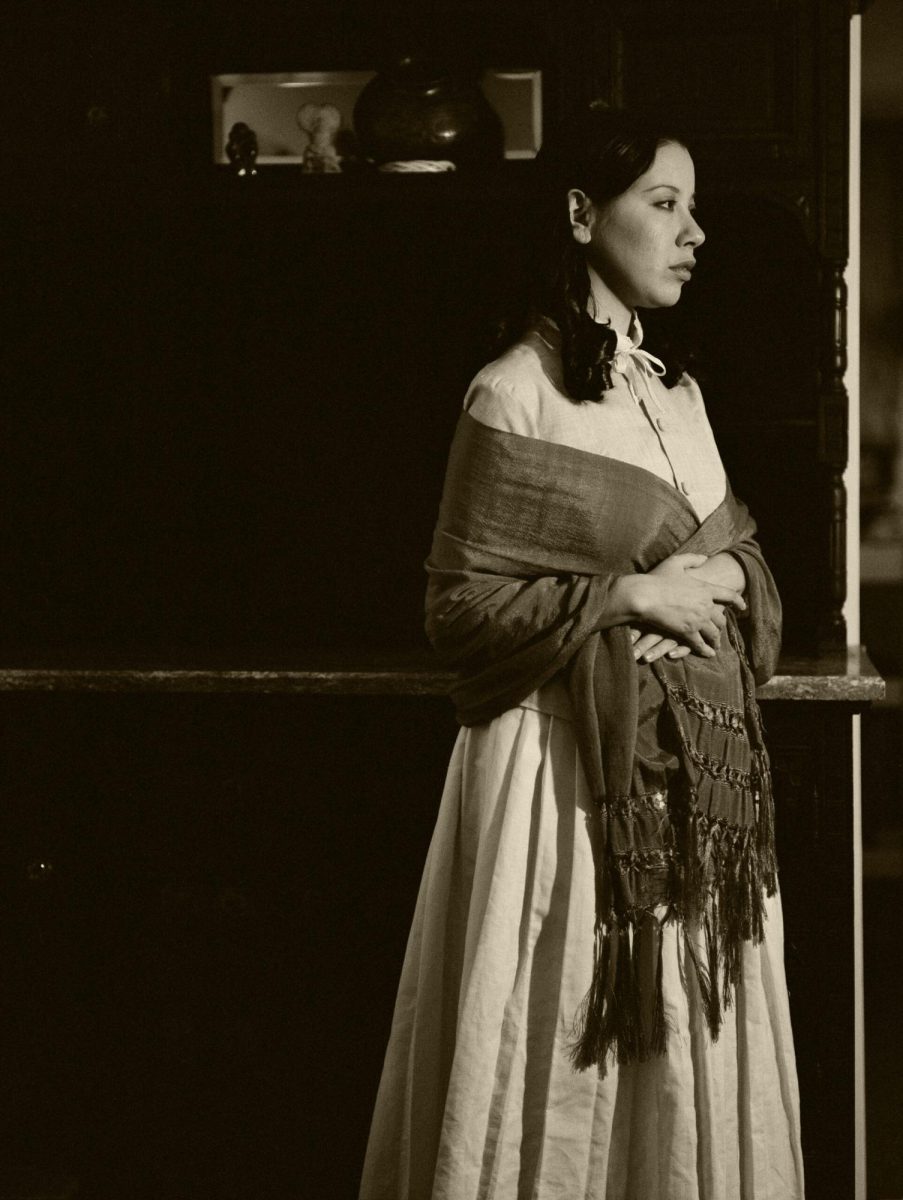Not many people showed up to the Spanish poetry reading at first, but numbers grew by the end.
The poetry reading was an open-mike session and the students were expected and encouraged to participate in the readings, but many students in the audience expressed that they did not know about the open-mike opportunity.
Dr. Niurka Medina-Valin, Spanish professor, said, “Students can come and read anything philosophical, bohemian readings in Latin America, dance and even sing.”
The students were able to read their own work or their favorite poets’ work; this was a Spanish reading from beginning to end.
The Spanish Department along with the Sociedad de Profesores Hispanos organized the Spanish poetry reading held on April 14 at 11 a.m. at the Teleconference Center.
There will be another poetry reading on April 21, same time and place. This one will be on the influence of Africa in the Hispano-Caribbean Poetry.
There will also be a Spanish book fair. The Libreria de Cultura Laitina of Long Beach will provide the books in Spanish for sale.
Walter Fernandez, history professor and coordinator of Sociedad de Profesores Hispanos, said, “We try to make the Spanish poetry reading an annual event; this is where professors and students share interesting Spanish-language poems.”
Medina added, “I hope it turns to a yearly activity, we try to organize the event every April because it is the national poetry month.”
Froyland Cabuto, Spanish professor, hosted the hour of poetry readings and Maestro Ricardo Valdez provided ambient music to accompany the readings poems with his acoustic guitar.
Cabuto started the readings with a poem by Federico Garcia Lorca called the “La Casada Infiel.” He also read some of his own poems from his poetry book called “Detras de la Cruz.”
Only three students went on stage to share their own work with the audience, one of the students was Shadia, she read her poem titled “Andamos.”
Shadia Haboud, theater major, said, “A friend told me about the Spanish poetry reading. I like to write poetry. I like how events like this one try to maintain the Latin culture and at the same time share the human essence.”
Henrietta Hurtado, EOPS counselor, went on stage and read a poem called, “Por Amor al Arte,” she said that she was always suggested to write poetry but never could bring herself to do it until now.
Medina also read many of her own poems; she referred to them as personal poems of love and origin.
Some of the ones she read were, “Luna de Granada,” “Alma Gemela” and “Caderas y Miel.”
Fernandez encouraged all of the students present to tell their friends and classmates to come to the next reading.
“Here,” he said, “students can enjoy the art of poetry, we (faculty) organize this kind of events because we like it, but most importantly for the students. We want to increase the audience and the students to share their art; everybody is invited and welcome, let’s fill up the room next time.”








